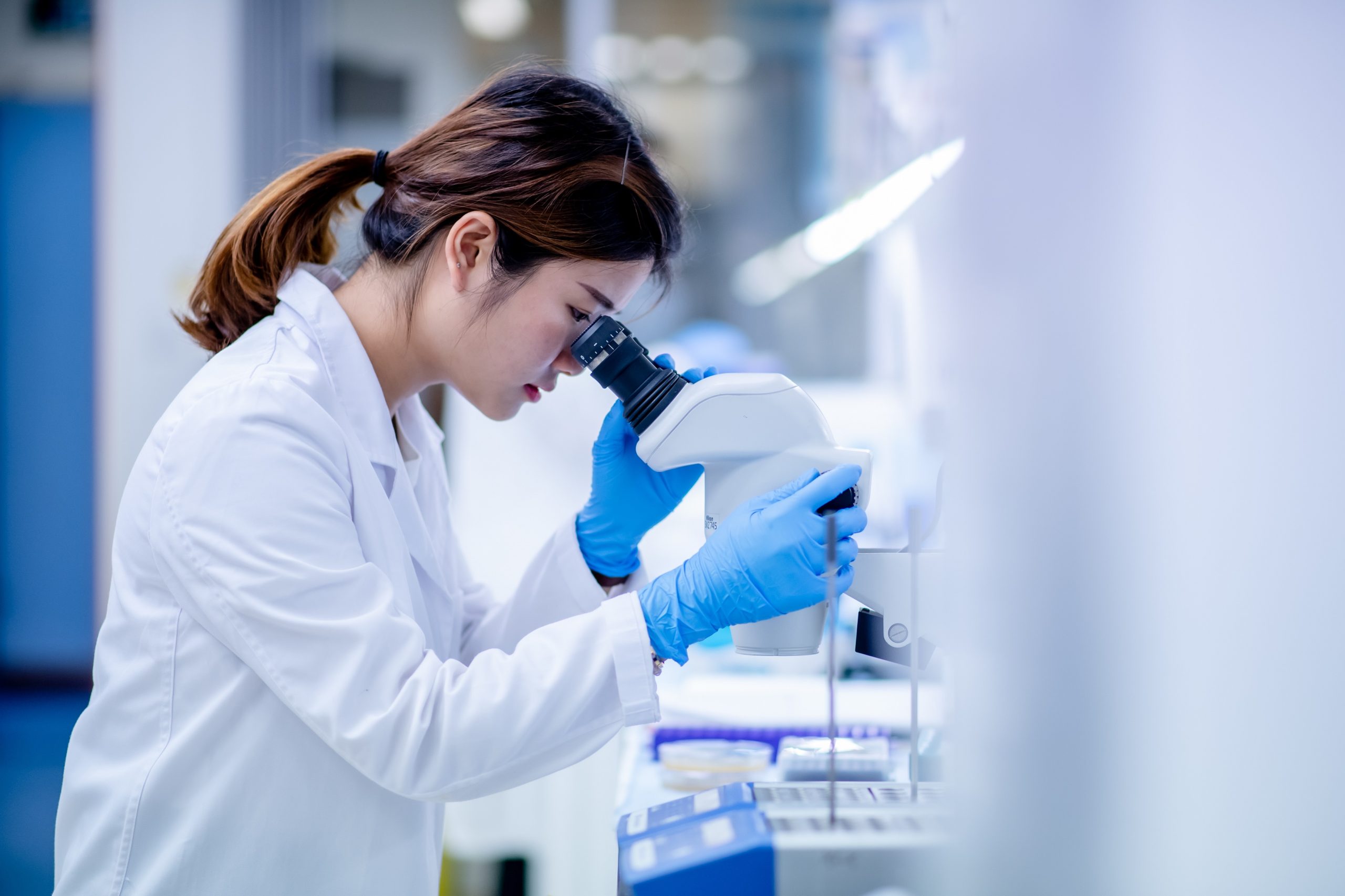News Express: UM ranks among top 0.1% worldwide in three ESI research fields
新聞快訊:澳大三學科ESI 躍升全球前0.1%頂尖學科

澳大三學科ESI 躍升全球前0.1%頂尖學科
UM ranks among top 0.1% worldwide in three ESI research fields
澳大三學科ESI 躍升全球前0.1%頂尖學科
頂尖學術指標基本科學指標(Essential Science Indicators,ESI)最新統計數據顯示,澳門大學工程學、計算機科學、藥理學與毒理學三個學科領域從ESI學科全球排名前1%躍升至前0.1%(千分之一),進入世界頂尖學科的前列。
ESI是當今普遍用以評價大學和科研機構國際學術水準及影響的重要指標,也是全球公認的判斷學科發展水準的重要參照之一,只有近十年來論文總被引次數達國際排名前1%的學科,才能進入排行。目前,澳大共有15個學科領域進入ESI,其中,工程學、計算機科學、藥理學與毒理學更躋身ESI全球前千分之一。
澳大表示,澳大採取針尖戰略,聚集核心關鍵技術領域的研究,產學研方面取得卓越成果。其中,澳大一直注重工程學的學術研究及科技創新,經過多年發展,形成聚焦微電子、人工智能、機器人、數據科學、智能製造、綠色低碳、新能源、新材料等前沿領域的研究版圖,展現卓越的科研實力與國際影響力。在微電子領域,澳大模擬與混合信號超大規模集成電路國家重點實驗室積極開展數據轉換、電源管理、無線通訊、語音信號處理等核心技術研究,成績斐然。2023及2024年,澳大獲全球頂級集成電路會議IEEE ISSCC收錄的論文數量位列中國高校第一。
澳大計算機科學近年亦蓬勃發展,除躍升至ESI全球前千分之一外,該學科在《美國新聞與世界報道》2024-2025全球最佳大學排名(US News and World Report Best Global Universities Rankings)的學科排名中位列第101位。依托澳大智慧城市物聯網國家重點實驗室和協同創新研究院,計算機學科團隊不斷在人工智能、大數據與計算系統等關鍵領域攻堅創新,致力開發大規模數據處理和智能推演技術,構建多模態大模型算法,設計高效可靠的計算架構,相關研究不僅在國際頂尖會議和期刊上屢獲發表,更成功轉化為實際應用。
至於藥理學與毒理學領域,澳大積極融合免疫學、神經科學、合成生物學、材料科學、人工智能等前沿科技,推動中藥研究創新發展。在澳大中華醫藥研究院、中藥質量研究國家重點實驗室的支撐下,多個藥學領域的標誌性科研平台建設成果顯著,包括澳大藥品監管科學研究中心,獲澳門藥監局認可為第三方中成藥註冊技術審評機構,為大灣區首個專注藥品監管科學與國際註冊策略的研究平台;澳大澳門中藥檢測中心有118項檢測獲得中國合格評定國家認可委員會(CNAS)認可等。澳大藥理學與毒理學也於US News 2024-2025全球最佳大學學科排名中攀升至第33位,穩居港澳地區首位;是次成功躋身ESI前千分之一,再次印證澳大藥物科學學科平台的實力。
目前,澳大進入ESI的15個學科領域包括:前0.1%的工程學、計算機科學、藥理學與毒理學,前1%的社會科學總論、材料科學、精神病學/心理學、臨床醫學、化學、農業科學、生物學與生物化學、環境科學與生態學、分子生物與遺傳學、經濟與商學、地球科學、數學。
欲瀏覽官網版可登入以下連結:
https://www.um.edu.mo/zh-hant/news-and-press-releases/press-release/detail/61348/
UM ranks among top 0.1% worldwide in three ESI research fields
According to the latest data from Essential Science Indicators (ESI), a leading global benchmark for academic quality, the University of Macau (UM) now ranks among the top 0.1% worldwide in engineering, computer science, and pharmacology & toxicology, up from its previous position in the top 1%. This achievement highlights the world-class status of these three research fields at UM.
ESI is an important indicator commonly used to evaluate the academic quality and influence of universities and research institutes. It is also one of the globally-recognised and important references for evaluating an institution’s academic development. The ESI database ranks institutions based on the citation frequency of their papers and includes only the top 1% most cited papers over the past 10 years. Currently, UM is included in the ESI database for 15 research fields, with engineering, computer science, and pharmacology & toxicology ranked in the top 0.1% worldwide.
UM attributes this achievement to its focused research strategy, which emphasises key technological areas and has produced outstanding results in industry-academia collaboration. In particular, UM has been committed to academic research and technological innovation in engineering. Through years of effort, the university has established a leading position in cutting-edge fields such as microelectronics, artificial intelligence, robotics, data science, intelligent manufacturing, green and low-carbon development, new energy, and new materials. This showcases its exceptional research capabilities and growing international influence. In the field of microelectronics, the State Key Laboratory of Analog and Mixed-Signal VLSI at UM has made significant achievements in core technologies such as data conversion, power management, wireless communications, and voice signal processing. Notably, UM ranked first among Chinese universities in terms of the number of papers accepted at the prestigious IEEE International Solid-State Circuits Conference in both 2023 and 2024.
In the field of computer science, UM has also made remarkable progress in recent years. In addition to rising to the top 0.1% in ESI, UM is ranked 101st in the 2024-2025 US News & World Report Best Global Universities Rankings for computer science. With the support of the State Key Laboratory of Internet of Things for Smart City and the Institute of Collaborative Innovation, the university has achieved breakthroughs and innovations in critical areas such as artificial intelligence, big data, and computing systems. UM is committed to advancing technologies for large-scale data processing and intelligent simulation, developing algorithms for large multimodal models, and designing efficient and reliable computing architectures. The university has not only published numerous papers in top-tier international journals and conferences, but has also successfully translated its research results into practical solutions.
In the field of pharmacology & toxicology, UM actively integrates immunology, neuroscience, synthetic biology, materials science, and artificial intelligence to drive innovative advancements in Chinese medicine research. Through the Institute of Chinese Medical Sciences and the State Key Laboratory of Quality Research in Chinese Medicine, the university has established several prominent pharmaceutical research platforms. A notable example is the UM Centre for Pharmaceutical Regulatory Sciences, which is recognised by the Pharmaceutical Administration Bureau of the Macao SAR government to conduct third-party technical assessments for the registration of proprietary Chinese medicines. The centre is also the first research platform in the Guangdong-Hong Kong-Macao Greater Bay Area dedicated to regulatory science and international drug registration strategies. The UM Macao Centre for Testing of Chinese Medicine also plays a key role in the field, offering a wide range of testing services, 118 of which are accredited by the China National Accreditation Service for Conformity Assessment (CNAS). In addition, UM is ranked 33rd in the 2024-2025 US News & World Report Best Global Universities Rankings for pharmacology and toxicology, the highest ranking among universities in Hong Kong and Macao. The university’s rise to the top 0.1% in ESI further highlights its strength as a leading platform for pharmaceutical science research.
Currently, UM is included in the ESI database for 15 research fields. Among these, engineering, computer science, and pharmacology & toxicology are ranked in the top 0.1%. The other fields ranked in the top 1% are: social sciences, general; materials science; psychiatry/psychology; clinical medicine; chemistry; agricultural sciences; biology & biochemistry; environment/ecology; molecular biology & genetics; economics & business; geosciences; and mathematics.
To read the news on UM’s official website, please visit the following link:
https://www.um.edu.mo/news-and-press-releases/press-release/detail/61348/